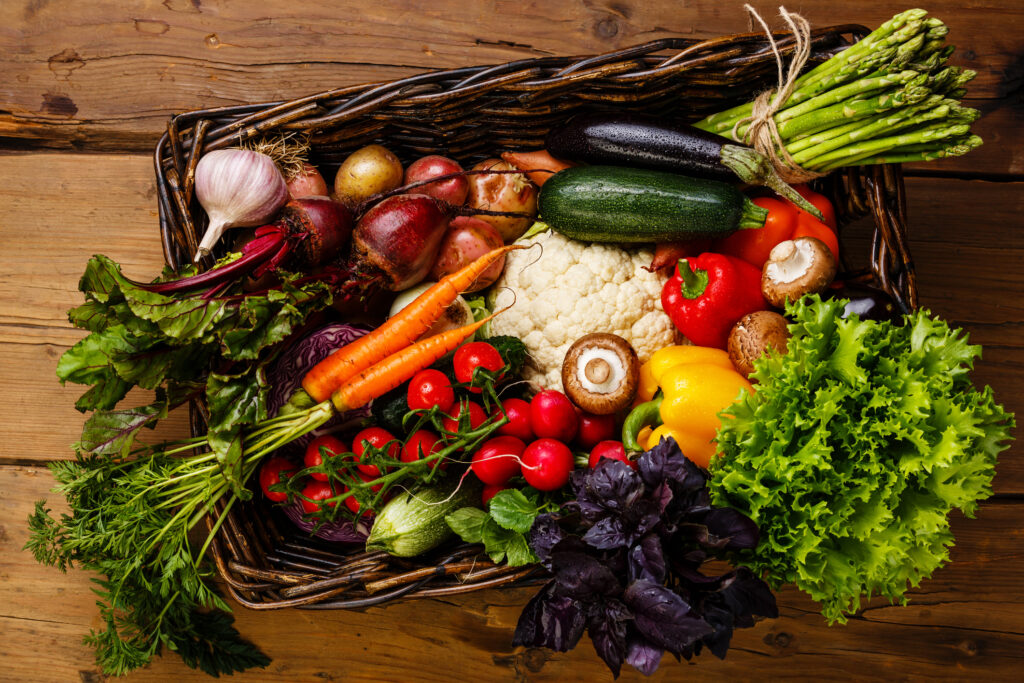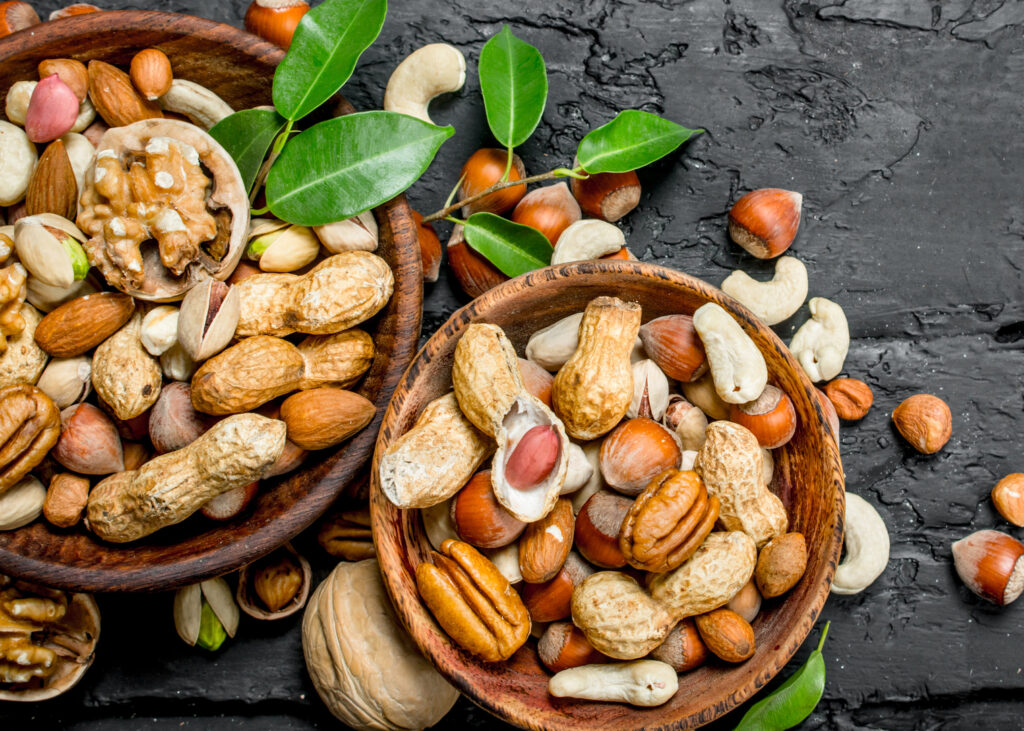Strength-Building Food Is Key to Aging Well


(Learning which foods can help you gain or keep your strength is key to healthy aging. That’s the focus for this last part in our series on the nine benefits, which are at the core of FoodTrients® and all of our recipes. What you eat matters, which is why we’ll explore one of these incredible anti-aging benefits each month and show you how they help fight the diseases of aging.)
 Building and maintaining strength and vitality is an important part of a healthy lifestyle and graceful aging. Increasing the strength of your muscles, joints, and bones can promote a healthy metabolism, improve sleep and reduce stress, decrease the risk of chronic diseases, and support longevity.
Building and maintaining strength and vitality is an important part of a healthy lifestyle and graceful aging. Increasing the strength of your muscles, joints, and bones can promote a healthy metabolism, improve sleep and reduce stress, decrease the risk of chronic diseases, and support longevity.
Building strength requires not only physical activity but proper recovery, hydration, and nutrition. The body needs plenty of supportive nutrients to help rebuild and repair from activities of daily life. Let’s discuss how Foodtrients® such as protein, calcium, and vitamin D can help build and repair muscle tissue and support bone strength.
Protein
Proteins provide building blocks for tissues, organs, and blood. Sources of proteins in the diet can be both animal-based or plant-based and they are equally good sources; many people use a combination while others prefer to be fully plant-based.
Research suggests that calorically sufficient vegetarian and vegan diets typically meet or exceed recommended protein intakes. The benefit of plant-based proteins is that they are not only muscle-building but high in antioxidants, vitamins, minerals, and phytonutrients (healthy plant-compounds) to support tissue repair. Consuming a variety of plant foods throughout the day will provide you with adequate protein to support muscle, joint, and bone health.
 Here are some examples of strength building plant proteins:
Here are some examples of strength building plant proteins:
- Beans and legumes: soy (e.g. tofu, tempeh, edamame), lentils, chickpeas
- Nuts and seeds: almonds, chia seeds, chia seeds, hemp seeds, walnuts
- Whole grains: amaranth, buckwheat, oats, quinoa, rice
Animal-based foods are another protein option. Foods such as meat (e.g. beef, pork, chicken), fish/seafood, eggs, and dairy are examples of foods in this category. While these foods are protein-packed, they can be higher in saturated fats which do need to be limited. See my list of healthy proteins and fats in our Mind foods story.
Calcium and Vitamin D
Vitamins and minerals from food are important to support the normal growth of cells and organs. Calcium and vitamin D especially work hand-and-hand to strengthen bones and support muscle movement.
The role of calcium is to help build bone and help the internal structure and density while vitamin D is responsible for absorbing and managing calcium in and out of bones. Make sure to eat a diet full of variety with calcium and vitamin D rich sources to support bone strength.
 Foods containing calcium and vitamin D include:
Foods containing calcium and vitamin D include:
- Beans: fortified soy milk, tofu, navy beans
- Dairy: Greek yogurt, cottage cheese, and milk
- Fish: sardines, anchovies, and salmon
- Vegetables: spinach, kale, okra, broccoli
Depending on your age, sex, or physical activity level, you need more or less protein, calcium, and vitamin D. Talk with your provider to assess what is specifically recommended for you and be sure that you’re working with a registered dietitian nutritionist to better understand how to meet your needs for strength building foods.
What are your favorite ways to include proteins, calcium, and vitamin D in your diet to support healthy muscles and bones?
Learn more about FoodTrients’ nine benefits with these additional articles from our nutritionist Ginger Hultin:
 Anti-Inflammatory
Anti-Inflammatory
Anti-Inflammatory Foods: The Top 10
 Antioxidants
Antioxidants
Antioxidants Help Slow Down Premature Aging
 Beauty
Beauty
Beauty Is So Much More Than Skin Deep
 Detox
Detox
Which Foods Are Best To Help You Detox?
 Disease Prevention
Disease Prevention
Meet the Best Foods for Disease Prevention
 Gut health
Gut health
Good Gut Health Helps Prevent Diseases – FoodTrients
 Immunity Booster
Immunity Booster
How To Support Your Immune System Naturally
 Mind
Mind
How To Feed Your Brain and Keep Sharp
References
- Melina V, Craig W, Levin S. Position of the Academy of Nutrition and Dietetics: vegetarian diets. Journal of the Academy of Nutrition and Dietetics. 2016;116(12):1970-80.
- Mercedes Sotos-Prieto, Ph.D., et.al., Association of Changes in Diet Quality with Total and Cause-Specific Mortality. N Engl J Med. 2017; 377:143-153.
- Rizzoli R, Biver E, Brennan-Speranza TC. Nutritional intake and bone health. Lancet Diabetes Endocrinol. 2021;(9):606-621.